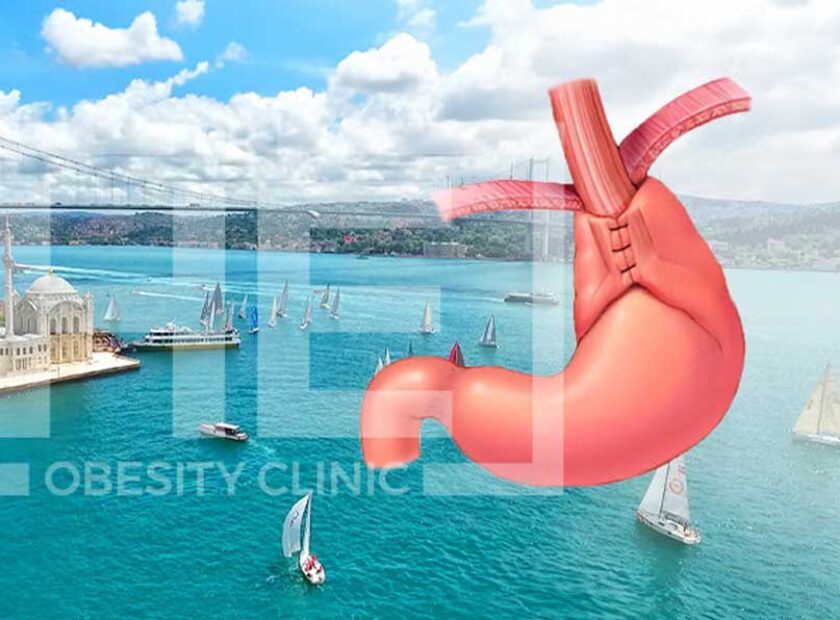
Hiatal Hernia Abroad, A hiatal hernia is a medical condition where the upper part of the stomach protrudes into the chest cavity through an opening in the diaphragm. This can cause symptoms such as acid reflux, heartburn, and difficulty swallowing. While the condition can be treated with lifestyle changes and medication, in some cases, surgery may be necessary. If you’re considering treatment for a hiatal hernia abroad, there are several factors to consider.
- Surgeons and Medical Facilities Abroad
When considering treatment for a hiatal hernia abroad, it’s essential to research the qualifications and experience of the surgeons and medical facilities. Look for surgeons who are board-certified and have experience in performing hiatal hernia surgery. Research the medical facility and make sure it has the necessary equipment and facilities to perform the surgery safely and effectively.
- Language and Cultural Barriers
If you’re considering treatment for a hiatal hernia abroad, it’s essential to consider language and cultural barriers. Make sure you can communicate effectively with the medical staff, and that you understand the pre- and post-operative instructions. It’s also important to research the culture and customs of the country you plan to visit to ensure a smooth and comfortable recovery.
- Travel and Accommodation
When considering treatment for a hiatal hernia abroad, it’s important to factor in the cost and logistics of travel and accommodation. Consider the distance you’ll need to travel, the cost of flights and transportation, and the cost of accommodation during your stay. You’ll also need to factor in the cost of any necessary visas or travel documents.
- Post-Operative Care and Follow-Up
After surgery for a hiatal hernia, it’s important to have regular follow-up appointments with your surgeon to ensure proper healing and to monitor any complications. If you’re considering treatment for a hiatal hernia abroad, make sure you have a plan in place for post-operative care and follow-up appointments. This may include arranging for a local physician to monitor your progress or scheduling virtual appointments with your surgeon.
- Recovery Time and Support
If you’re considering treatment for a hiatal hernia abroad, it’s important to consider the recovery time and the support you’ll have during your recovery period. After undergoing certain surgeries, staying in the foreign country for a few weeks might be necessary to facilitate proper healing before returning home. It’s important to make sure you have access to adequate support during your recovery, whether that’s from family and friends or from medical professionals. Have a plan for essential medical care and rehabilitation, and be aware of any limitations on physical activity during the recovery phase.
- Risks and Potential Complications
As with any surgical procedure, there are risks and potential complications associated with treatment for a hiatal hernia. Before deciding to have surgery abroad, it’s important to fully understand these risks and potential complications. Some potential complications of hiatal hernia surgery include bleeding, infection, damage to surrounding organs, and difficulty swallowing. Make sure you discuss these risks with your surgeon and understand the steps that will be taken to minimize the risk of complications. Ensure to have a contingency plan for managing any possible complications, including follow-up care or emergency treatment.




